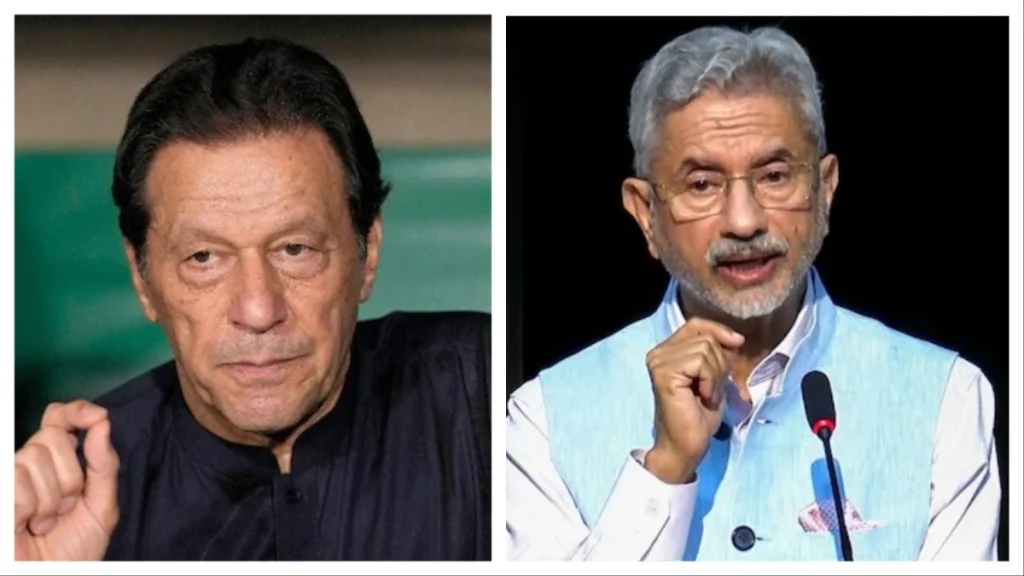Protest has emerged as a focal point in Pakistan’s political landscape. Two decades ago, Imran Khan’s Tehreek-e-Insaf (PTI) made a notable entrance into the country’s politics. It surged quickly, aided by a handful of benefactors. Today, however, the party is experiencing a swift decline. The agenda of PTI’s recent nationwide protest remains in question. Many wonder if it was genuinely peaceful.
What has taken many Pakistanis by surprise is the PTI’s call for Indian Foreign Minister S. Jaishankar to attend their protest at D-Chowk. This unexpected move raises eyebrows. It seems PTI is seeking assistance from India to salvage its political fortunes. This invitation for Jaishankar to participate has sparked widespread reactions across the nation.
PTI, under Imran Khan, previously sought help from the United States. They had blamed the U.S. for their political downfall. Now, they are reaching out to the Indian government. Barrister Saif, a key PTI figure, formally made this request during media interviews. Critics allege a terrible conspiracy within PTI to incite instability in Pakistan has come to light.
The question arises: Why is the state silent? Does it lack solutions? Many believe that inviting Pakistan’s historical rival to a protest undermines PTI’s claim of patriotism. Recent polls indicate that this invitation illustrates PTI’s willingness to compromise national integrity for their ambitions.
It’s worth noting why PTI invited only the Indian Foreign Minister. Other international delegations are arriving for the Shanghai Cooperation Organization (SCO) summit. In another twist, two Israeli publications suggested that Imran Khan might have secret ties with Israel. They claim he could influence the Pakistani establishment to recognize Israel.
In this context, Barrister Saif’s invitation to Jaishankar highlights a clear relationship with India. Just recently, Imran Khan praised Sheikh Mujibur Rahman, who many consider a traitor, and labeled the Awami League and Mukti Bahini as champions of democracy despite their violent history.
The timing and location of PTI’s protest are indeed significant. It coincides with the SCO meeting, making the call for such a disruptive protest appear anti-national. Observers argue that the protest aims solely to sabotage this important gathering.
Another point of concern is the involvement of Afghan citizens in PTI’s protest, some of whom were armed. This raises questions about their claims of peaceful intentions. Why were armed Afghan nationals included?
Furthermore, these protests negatively impact Pakistan’s economy and daily life. At a time when the economy is just beginning to recover, can any patriot justify causing billions in losses?
Finally, if Barrister Saif’s invitation to Jaishankar does not reveal PTI’s political intentions, what should one conclude? The leadership of Tehreek-e-Insaf must understand that their approach to politics is driving them into a deep abyss. The future of PTI hangs in the balance as these events unfold.


